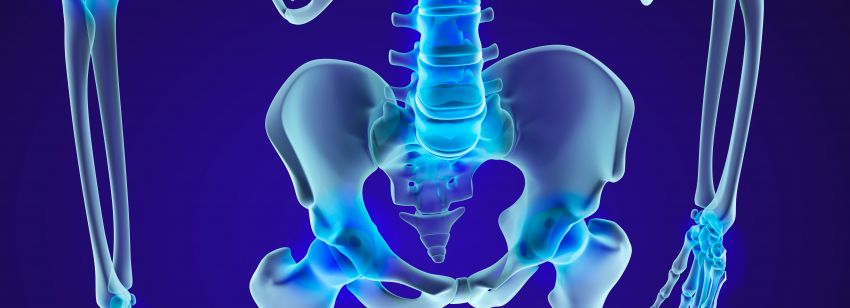Short stature and hearing loss - insights into mucopolysaccharidosis.
Rare Disease Day 2021 is coming up – we, SKC, want to do our part to generate more awareness for these diseases. This time for mucopolysaccharidosis.
These symptoms can also lead to severe social restrictions, as a study by the Charité and the University Hospital Mainz was able to show (2).From the beginning, many patients have no chance of living a normal life. They attend special schools for people with physical disabilities and after graduation have problems finding employment away from special programs such as workshops for the disabled.
Similarly, MPS VII patients are also often unable to live on their own and are dependent on special care services, which manifests itself, among other things, in a permanent need for psychological care (2).Another striking feature of this disease is the high incidence within certain migrant groups in Germany, which, together with the frequently not understood effects of the drug, leads to low compliance (2). Patients' statements about the vital therapy are particularly bitter:
"I think to myself, 'Waste of time. I can do something better than that, no idea." (2)
Yet it is hardly possible to put oneself in the position of these patients. Which healthy citizen is already dependent on a progression-stopping therapy and can understand what it means that there are drugs, but these only maintain the status quo and can not cure.
Overall, MPS VII also shows how difficult it is to really understand these patients. It is a tragic stroke of fate that in this disease the poor socio-economic and cultural aspects still lead to a worsening of the therapy. However, this example also impressively demonstrates that in the context of a benefit assessment of a new drug, it is not enough to look at the clinical evidence. It is imperative to study the disease in the reality of care and to understand the patients and their suffering.
More information can be found here:
(1) General information can be found on the Orphanet site.
(2) Further information is also available on the Esanum website.
(3) The association Mukopolysaccharidosen Schweiz is a possible point of contact for German speaking patients.
Author: Sebastian Marben, M.Sc.
